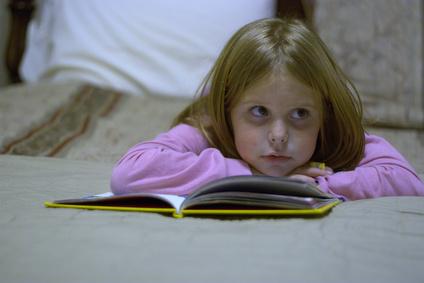School is such an all-encompassing part of your child’s life. Many factors can cause your child to do poorly in school. Problems could be because of the school itself or they could be due to matters outside of school. If your child is having problems at home, with peers, has behavioral, emotional or sleep problems, has poor study skills, a learning disability, anxiety or depression, he could have trouble in school.
Nip Problems in the Bud
Find out as quickly as possible the reason your child is not doing well in school. If you don’t correct the problem, your child could wind up with low self-esteem, according to the Keep Kids Healthy website. Also, the further behind your child gets, the harder it will be for her to catch up with the other kids.
A Good Attitude
Your child could be just as smart as the other children are but still not do well. Behavior and attitude play a large part in school success, according to the Pink Monkey website. When children have a bad attitude toward school, they are not motivated, they don’t pay attention, and they are easily distracted. Ironically, children with a bad attitude toward school may need help the most, but they are typically reluctant to ask for help.
Help Your Child
You can help teach your child to have a better attitude in school. Sometimes, children have a negative dialog in their head about school. You can help them to turn that around. Send your child to school after telling him that he can do the work. Have him picture himself raising his hand and answering the question. Set study goals at home, too. Once your child has studied, have him tell you what he’s learned.
A Homework Place
Your child should have a place set aside at home, where she can do her homework. Even if you don’t have much room, you can at least provide a desk or a table with a light. Be there for your child to answer questions, but don’t encourage this. Make your role only as a last resort. When your child does come to you for help, do so enthusiastically, which will set a good impression, according to the University of Delaware.
Your Involvement
You can help your child by becoming involved at school. Get to know his teachers and keep an open dialog about your child’s progress as well as areas where he still needs help. Some children may need extra help to deal with their school problems. Your child could have a medical problem, behavioral problem or learning disability. You can start by getting advice from your health care provider.
Photo Credit
- distracted child image by Ryan Shapiro from Fotolia.com





